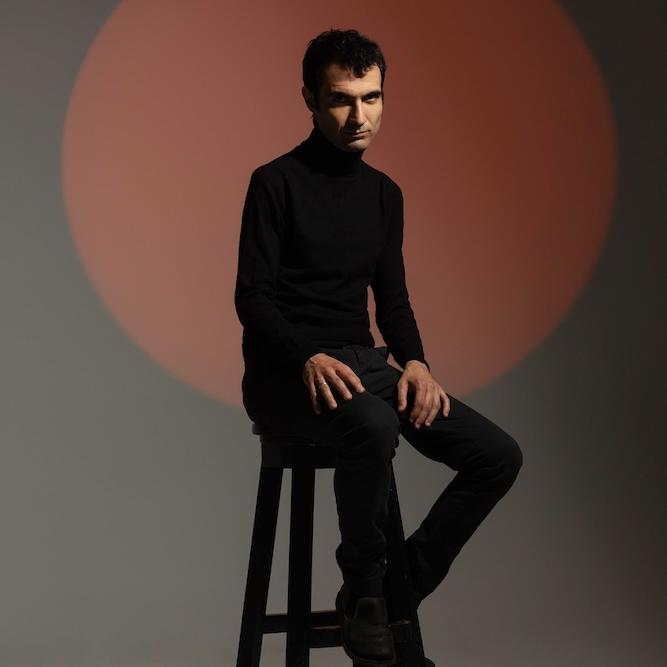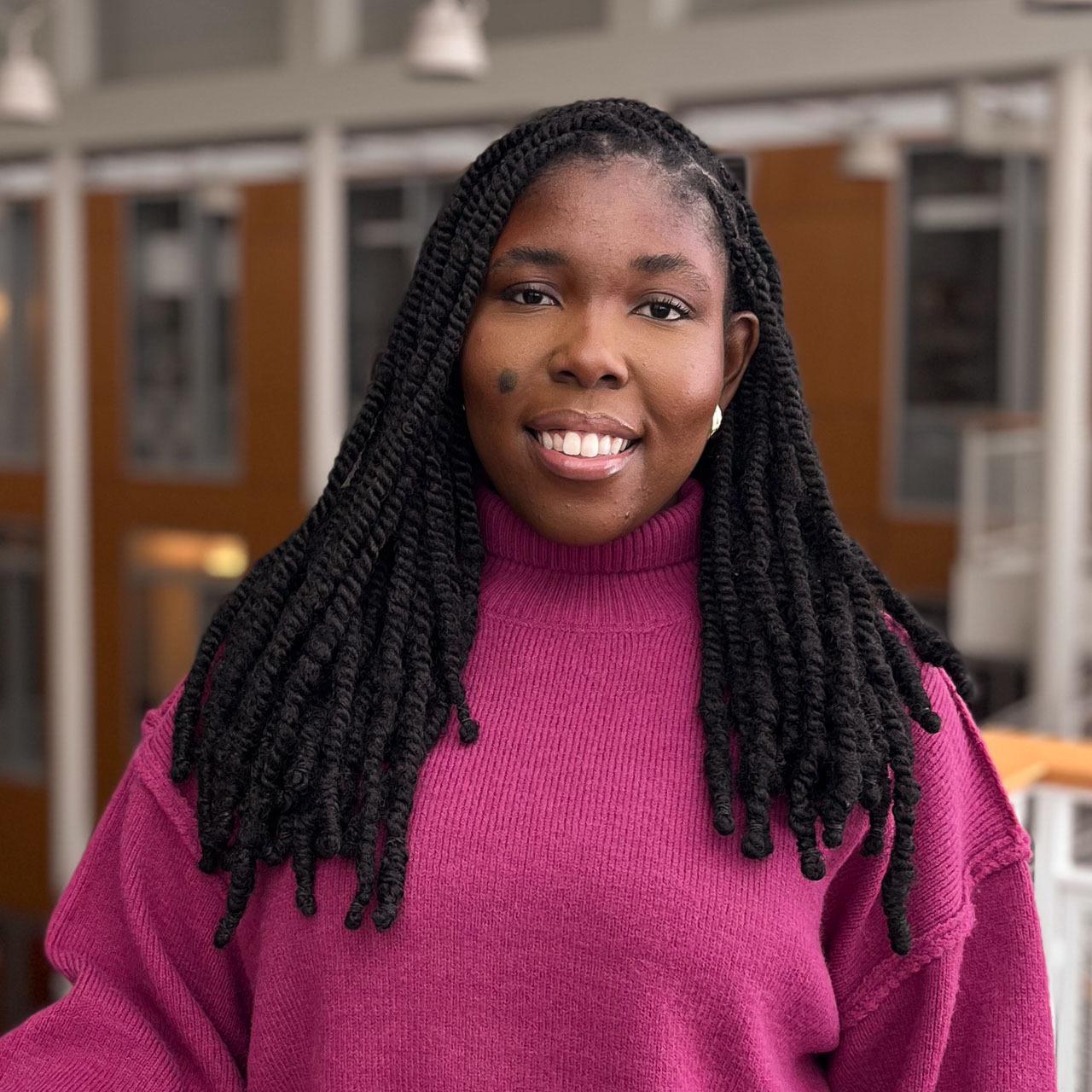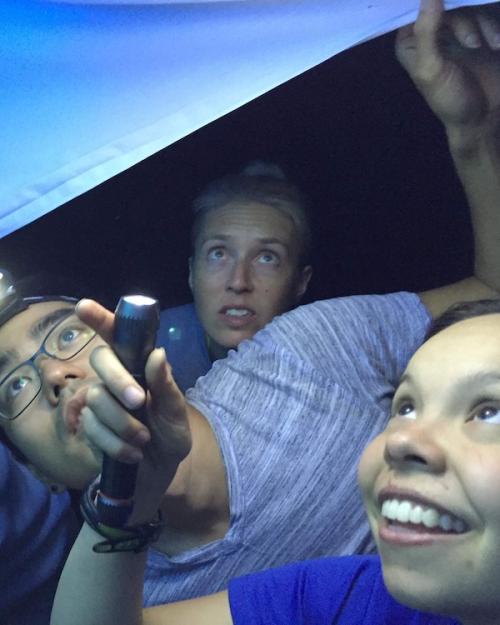Nearly every spring break since 1968, Cornell graduate students have traveled south for the Florida Field Course (FFC), an immersion in life science at the Archbold Biological Station, learning firsthand in the scrubland of south-central Florida how to collect data, pursue a specific research question and work in teams.
They’ve also, through the years, contributed to an extensive dataset themselves.
Cornell researchers conducted a longitudinal study of FFC participants to learn about the impact of field courses for graduate students. Analyzing more than 50 years of data and surveying alumni, the researchers connected participation in the field course with positive professional outcomes, higher rates of publications and faculty positions at research institutions.
“A Half Century of Student Data Reveals the Professional Impacts of a Biology Field Course” published Nov. 30 in BioScience.
Lina Arcila Hernández, Ph.D.’19, and Cinnamon Mittan-Moreau, Ph.D. ’21, are co-first authors, with contributions from longtime FFC instructor Kelly Zamudio, professor emerita in the Department of Ecology and Evolutionary Biology, in the College of Arts and Sciences.
The goal of FFC is to immerse the students in an ecological system where they can discover opportunities for exploration and address biological questions, the researchers wrote. Each year, 10-20 students travel to the Archbold field station, where they develop independent research projects, collaborate and engage in professional development.
Continuity in the structure and curriculum of FFC, as well as its longevity, allowed for a comparison of student outcomes over the course’s history.
The researchers analyzed quantitative data collected over five decades to measure graduation rates and progress of alumni within the field. They also collected data from 131 former students to identify the activities and experiences most useful during the field course.
They found that FFC students, while they were in graduate school, published 27% more papers than their peers who did not attend the course. Ten years after graduation, this boost in publishing persisted; the FFC graduates published about 14% more papers than their non-FFC peers.
Focusing on post-graduation careers, the researchers found that FFC graduates held a higher number of faculty positions in research institutions.
From surveying 131 FFC alumni, the researchers found the most commonly reported learning experiences or skill that graduate students gained from their field experience: carrying out research (nearly 40%); thinking broadly about science (28%); and learning/observing from nature (25%).
With graduate-level programs in ecology and evolutionary biology among the least racially diverse in STEM, evaluating the potential impact of field courses on retention of historically underserved groups in graduate education is an important gap in education literature, the researchers wrote.
“We often hear about how academia is a leaky pipeline because students from marginalized identities tend to leave it at a higher rate, and this is also true for science in general,” Arcila Hernández said. “Figuring out pedagogical tools, such as field courses, that can support participation, retention and inclusion of a more diverse body of scientists is paramount. Understanding whether past field experiences have had an effect on students careers is a first important step.”
“As a student, one thing I really appreciated about the course was its ‘structured un-structuredness,’” said Mittan-Moreau, who took FCC as a graduate student. “Coming up with a novel idea, and being able to see it through data collection, analysis and writing, was a confidence boost early in my graduate career.”
FFC and other field courses also build community and teach ecological concepts through active learning, Mittan-Moreau said. “I think learning an ecological concept by seeing it out in the field sticks in your memory much more than reading about it in a textbook,” she said.
Arcila Hernández said that well-designed and intentional field courses might play an important role in supporting diversity in the sciences.
“We are just starting to learn the effects of field courses,” Arcila Hernández said. “Our paper gives us an insight into some of the areas that might be important to study further, such as the role of independent projects and peer-feedback opportunities.”
“Being able to use a half-century of data made this study unique,” said contributing author Cissy Ballen, a former postdoctoral research associate in the Zamudio lab. “Our results highlight the critical need to promote equitable fieldwork conditions for all students, suggesting that institutions and field educators need to embrace new strategies that broaden participation in field biology at all levels of education.”
Also contributing were Katherine D. Holmes, Ph.D ’22; Coby McDonald, Ph.D. ’21; and Ballen, now an assistant professor of biological sciences at Auburn University.
This work was supported by the National Science Foundation and by a Cornell Active Learning Initiative award.




